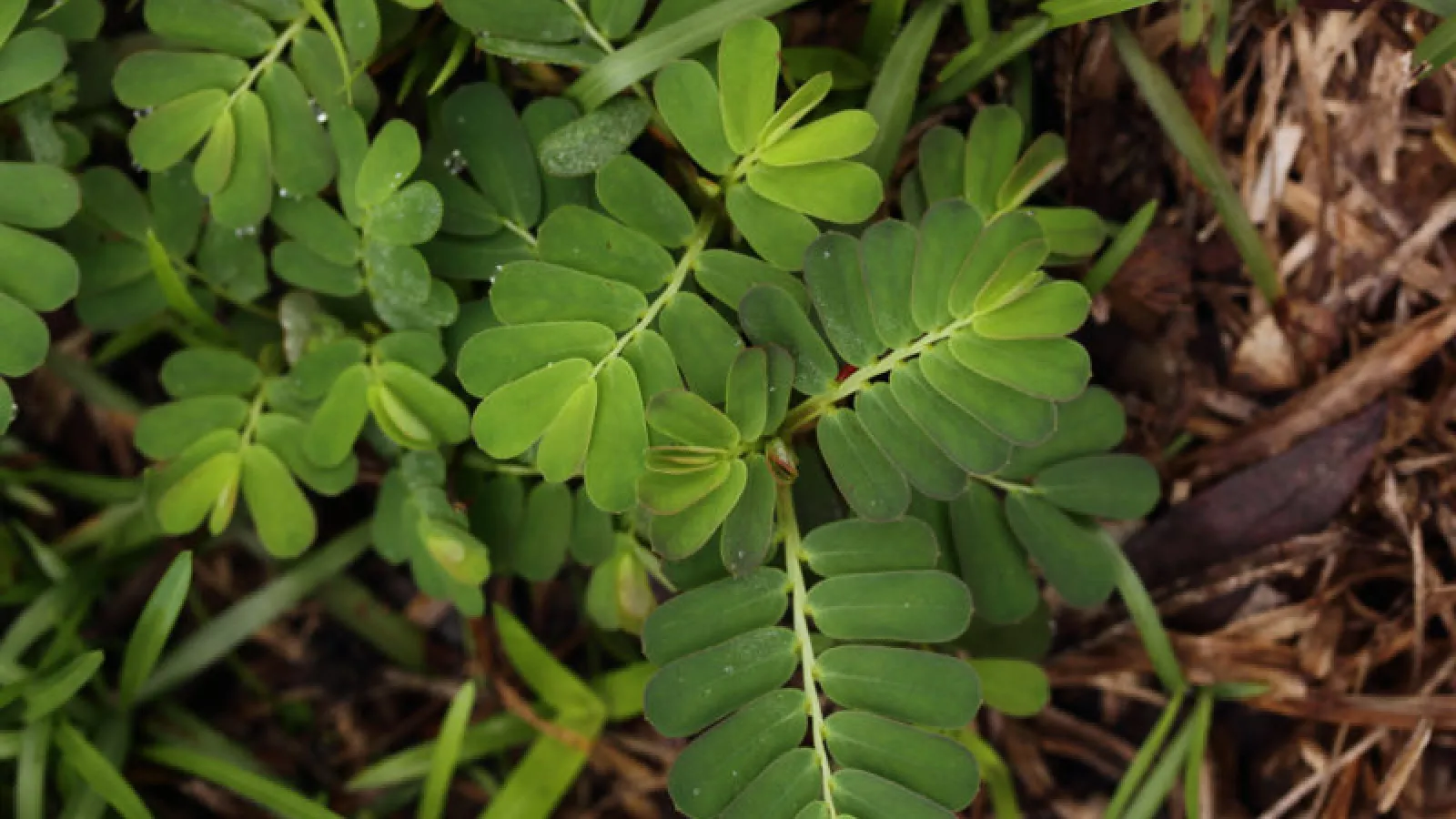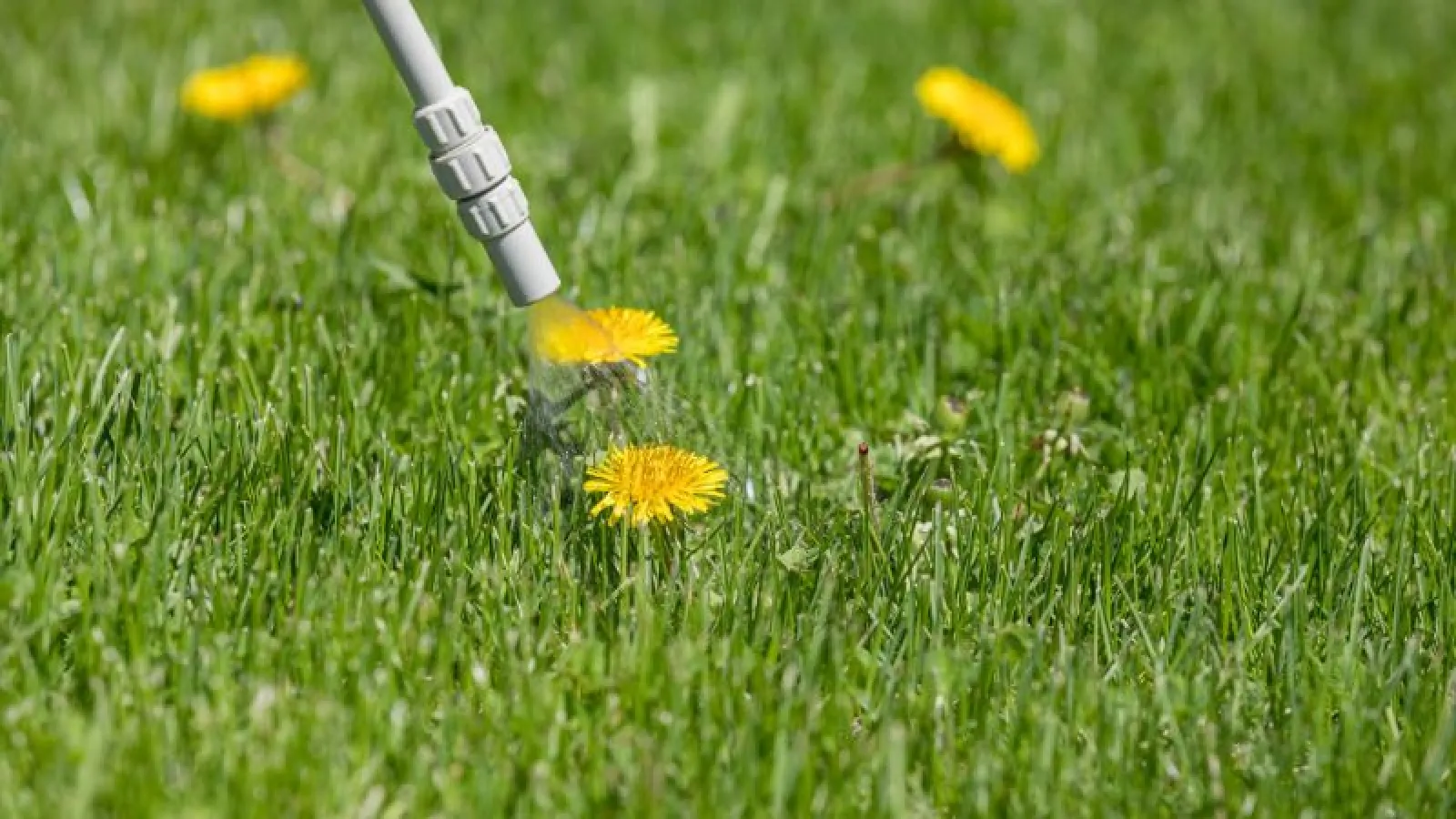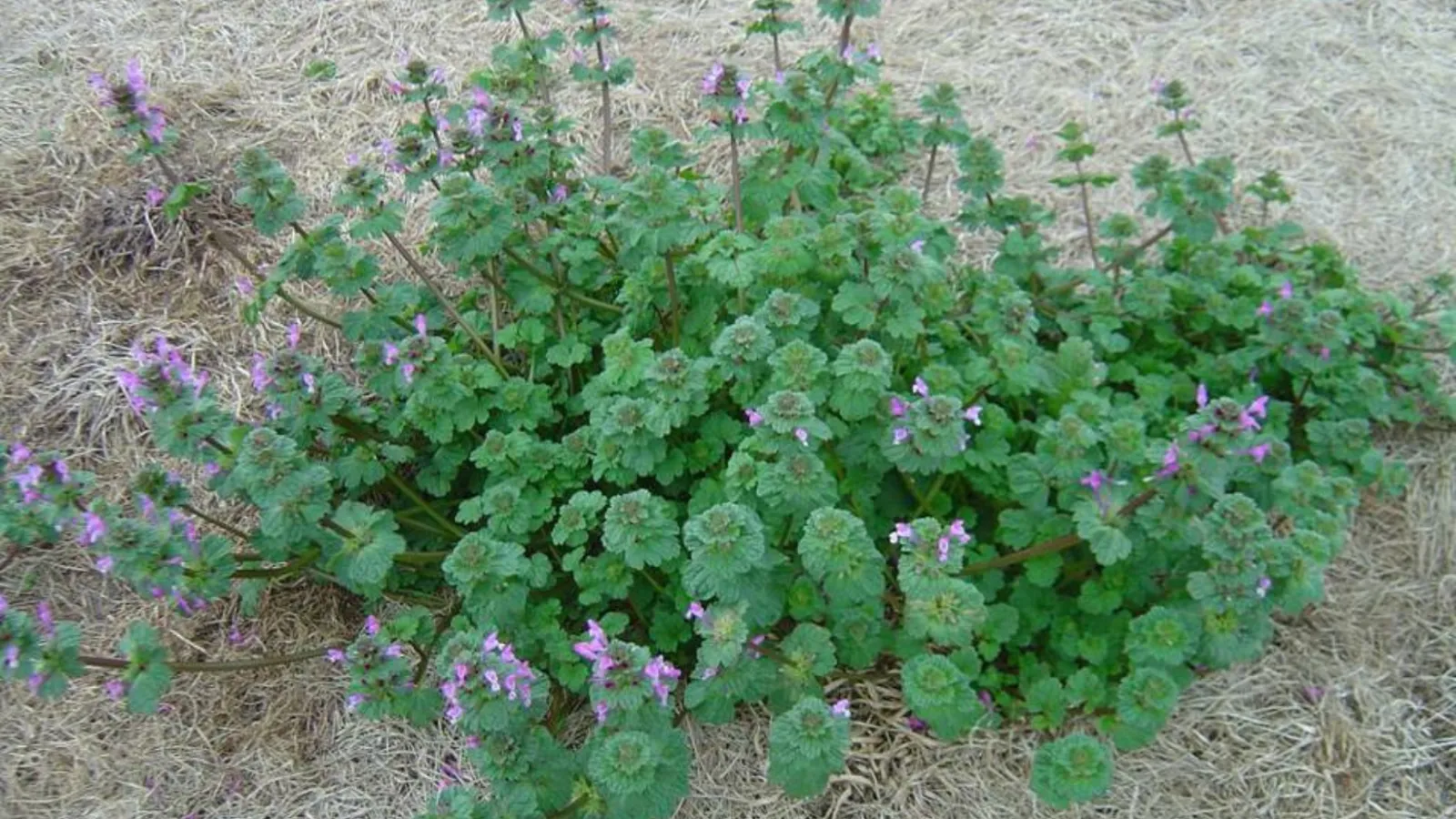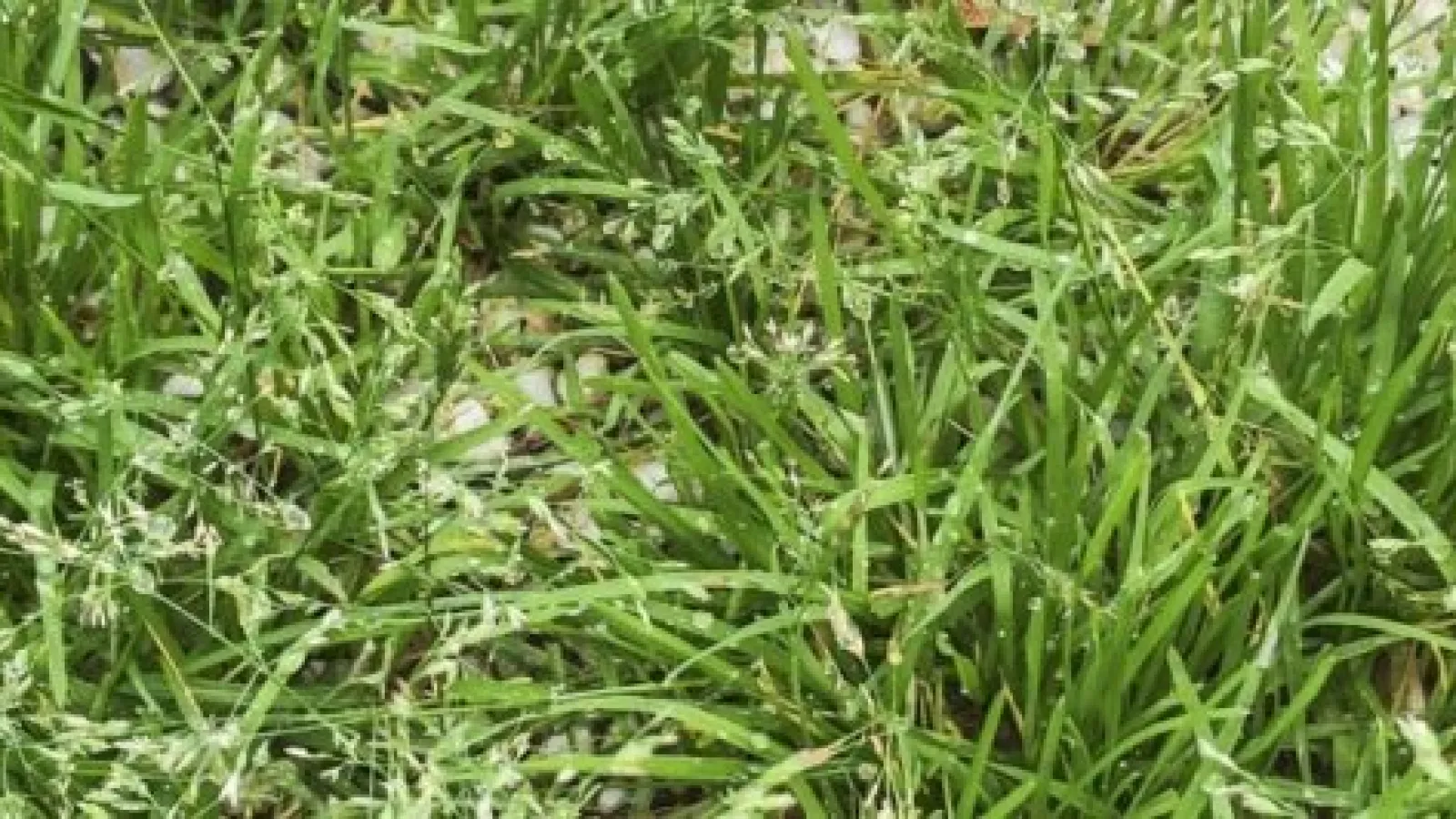
Nuisance Summer Weeds—There’s More
For many homeowners, the sight of weeds is unsettling. We so agree! Because of the year-round, generally mild weather in the southeast, there are many types of weeds that can invade our lawns—and some are more challenging to control than others. Chamberbitter and doveweed are common summer annual weeds in our area and also some of the most challenging ones to control.
The Growing Cycle
Understanding the growing cycle helps us prevent and eradicate these troublesome weeds. The good news about chamberbitter and doveweed is they are annual weeds. They live and die in one growing season. They start as seed, germinate and then grow mature enough to produce seeds. When the plant dies, the seed left behind will start the process again. If you can control the plant before it produces seed, you can halt the life cycle and reduce the likelihood of a new plant the next year.
Chamberbitter
Chamberbitter is a broadleaf weed that begins to germinate in late spring and manifests throughout the summer if left untreated. Also known as little mimosa, chamberbitter grows upright and has a well-developed root. The foliage resembles that of the mimosa tree, hence the name. It can be found in both warm- and cool-season turfgrasses.

Doveweed
Doveweed is a common summer weed that prefers wet soil. Areas with drainage issues or over-watering will favor the establishment of this weed. Doveweed seeds germinate late during the spring once soil temperatures rise above 65 degrees Fahrenheit. The leaves of doveweed are thick with a shiny rubbery texture. The plant produces creeping stems (stolons), and mowers can break these stolons spreading this weed across the lawn.

Control
There are three ways to address chamberbitter and doveweed: culturally, chemically and mechanically.
Culturally
As with any weed, maintaining a health lawn is the best control. A healthy, dense turf with a deep root system creates competition for weeds and will help keep the weeds at bay. As a homeowner, here are some things you can do to help combat common summer weeds.
- Water deeply and infrequently, about 1" per week.
- Mow regularly with a shape mower blade.
- Mow at the proper height for your turf type: Bermuda & Zoysia lawns at a height of 1-2"; Fescue at 3-4".
- Resolve any drainage issues in the lawn.
Chemically
Unfortunately, both weeds are difficult to prevent with pre-emergent herbicides. Post-emergent herbicides are most effective when applied to young weeds. As mentioned above, having a thick, dense turf is truly the best form of preventative defense.
Mechanically
This solution is only practical when weeds are young and are not prolific. More mature plants grow a taproot deep in the soil which can be difficult to remove. If any part of the taproot remains, the plant will regrow.
If you have any questions about chamberbitter, doveweed or other weeds, let us know. We are here to help. Our professional fertilization & weed control program can create a healthy lawn that will be more resistant to weeds. Contact us for your free lawn evaluation.


